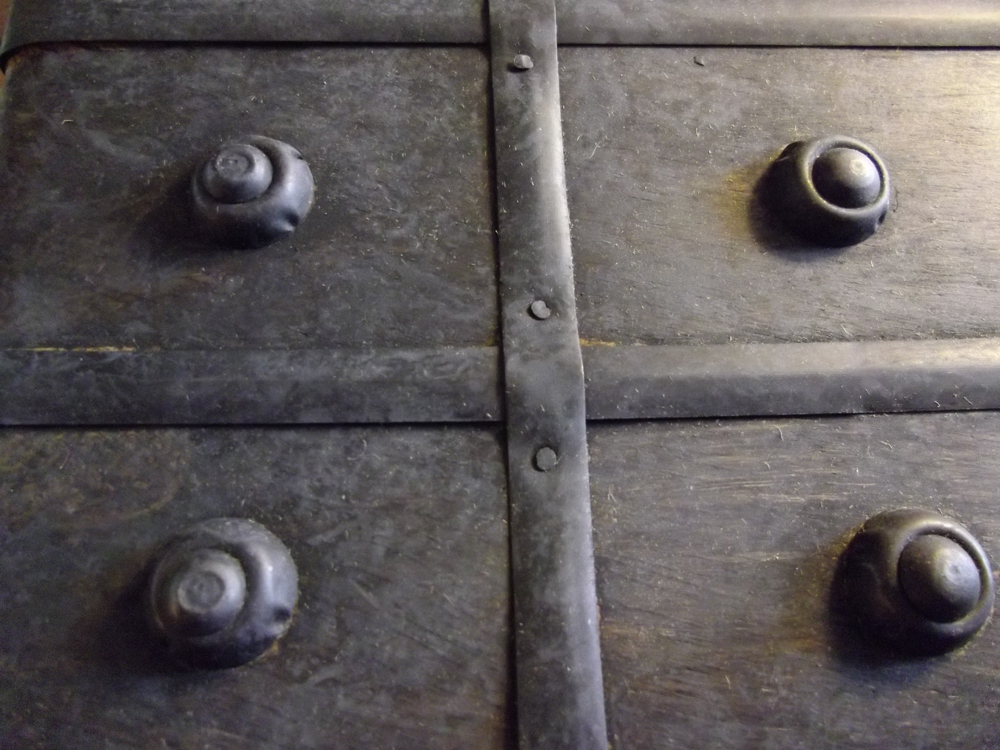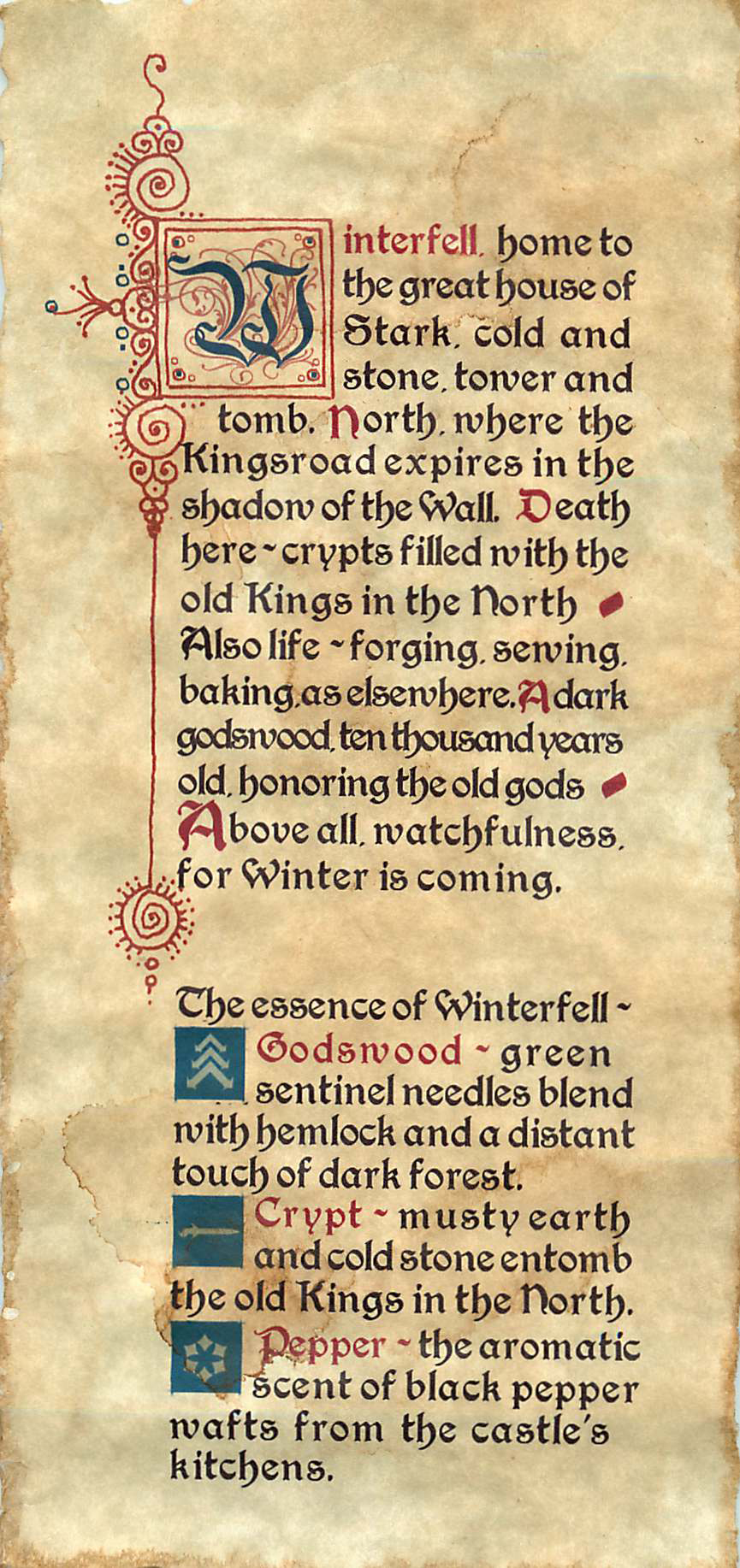Back in 2008 I was approached by a publisher to write a nonfiction book on zombies. This was a couple of years after Max Brooks lit the world on fire with the Zombie Survival Guide. There weren’t too make nonfic zombie books out there apart from either books on zombie movies or attempts to rip-off Max. I had no interest in doing either, so I told the publisher that I’d like to write a zombie book with some hard-core science in it. Since one of my other loves is forensic science, I pitched Zombie CSU: The Forensics of the Living Dead. I interviewed over 250 experts in a variety of fields (police, science, medicine, the clergy, the press, psychologists, etc.) on how the real world would genuinely react if something like Night of the Living Dead actually happened. Not one person turned me down for an interview, and I’m talking Homeland Security, SWAT teams, award-winning journalists, celebrities and even priest, pastors and rabbis. Every single one of them already had some sort of opinion about zombies. Crazy, right?
So I wrote the book and it’s been a big seller for me all over the world.
Now, while researching and writing the science chapters, I cooked up a pretty reasonable -- if scary -- scenario for a zombie plague. That sparked the thought: “What would happen if this science was 100% real? Who would be likely to misuse it?” That fast I had the idea of terrorists using a weaponized zombie plague. The 2009 novel Patient Zero was the result, which kicked off the Joe Ledger series. Granted, only the first book in that series deals with zombies, but the book has a big audience. It gave me a real taste for zombie fiction.
After Patient Zero hit it big, that publisher (St. Martin’s) asked me if I had any ideas for a standalone zombie novel. I did, because I kept researching the science (being the geek I am) and I cooked up an entirely different and even MORE plausible scientific explanation for zombies. That book became Dead of Night, and everyone’s been telling me that it’s my best novel so far.
HUTCHINS: Way back in 2010, you wrote the novelization of the movie The Wolfman. I've got a lot of love for that movie. I've also been curious about the adaptation process. What writing challenges did you experience adapting The Wolfman to novel format? Was there anything that was unexpectedly easy about the process?
MABERRY: I was contacted directly by a vice president at Universal Pictures and offered the gig. I did not get to see the movie, however, until a week after the book came out. I worked from the original script by David Self. I was asked to turn in the completed novel in eight weeks, which is pretty fast. It was the fastest I’d written a book. Of course, it was also a shorter novel than my previous books. Ghost Road Blues was my shortest previous novel, but at 140,000 words it was fifty-five thousand words longer than The Wolfman.
To write the book, I first read the script through end to end without making notes. I read it to appreciate the story, the characters, the writing, the dialogue and the pace. Then I re-read and made notes on things I needed to research and things I wanted to include. Ideas occurred to me during the first two read-throughs and made a bunch of notes on themes, character traits and motifs.
After that I pulled out a scene and did a draft to get a feel of the voice. Understand, I never got to see the film. I was working entirely off of the script, a movie trailer and a handful of early production sketches. So, I had no idea how the actors would interpret the lines or how the director would be crafting mood through camera angles, lighting, etc.
When I asked Universal how they wanted me to approach the writing, they said to make it my own. I took them at their word, and when I sat down to write I was determined to write the best novel I could. Understand, I wasn’t trying to novelize a movie script, I was writing a novel. I wrote it so that people would enjoy reading it.
One of the challenges to adapting a novel is the fact that a line of script might translate to pages and pages of story. For example, in the first draft of the script I read there was a scene of the moon rising above some ancient standing stones. The script describes a visual and that’s it. I took that and built a motif of the moon as a predatory goddess of the hunt, and echoed that through the story.
HUTCHINS: You've written for Marvel Comics titles such as Black Panther. Totally frickin' awesome. Were you a fan of the genre before you started working with Marvel? It's a highly collaborative medium; as a prose author who often flies solo, was that a challenging adjustment?
MABERRY: I grew up with Marvel Comics. I remember going into a store to but my first comic book ... Fantastic Four #66. Brand spanking new. I was hooked from the jump, and I collected comics up until around 1990. Then I stopped for a while; but when Marvel’s editor-in-chief Axel Alonso reached out and asked me if I wanted to write for them, I started right back up again. Now I sink a bunch of bucks every week at the comic book store.
The process of adjustment was interesting. Writing novels is a very solitary process. It’s just you. Comics are different, and the process is faster. With comics it starts with a pitch to an editor, which comes with some discussion and idea-swapping. Then the writer does the script and dribbles it back to the editor, who often has notes. That’s a process. Then the artist gets the script and roughs it out. The editor gives him notes and lets the writer see the pencil sketches. After more edits, the artist does the finished pencils, then an inker steps in. And then the letterer. It’s complicated and there are a million emails firing back and forth. So, to make it work you have to learn how to play with the whole team, and to allow each member of the team to have an equal voice.
The biggest challenge for me was to write less and allow the art to say more. Novels are all about words, and even though writers do the comic book script first, at the end of the day the comic is a visual medium. Visuals tell the story.
HUTCHINS: I'm always interested in learning what entertainment my favorite creators consume. What creative content -- be it music, TV, books, film, games, etc. -- is really ringing your bell these days, and why?
MABERRY: I have pretty eclectic tastes. I’m a huge fan of Dexter. I’ve spoken with Jeff Lindsay, the author of the books, and I’ve been a fan of both the print and TV versions of Dexter. This season ended with a mind-blowing finale that actually had me screaming at the TV. I also fell in love with Homeland. What a first season! But I dig a bunch of other shows, like Modern Family, Parenthood, Doctor Who, Being Human, Primeval, Luther, Torchwood, Sherlock, and a very small group of reality shows -- Cake Boss, No Reservations, America's Best Dance Crew and So You Think You Can Dance.
As for games ... I’m in awe of anyone who can negotiate today’s modern video games. I apparently lack the gene. Snood taxes my upper range of skill.
I’m digging this season’s crop of movies. Loved Mission Impossible: Ghost Protocol, Sherlock Holmes, War Horse, The Descendants and We Bought a Zoo. And I have really high hopes for upcoming flicks like Prometheus, The Hobbit, Dark Knight Rises, Spider-Man, Superman and The Avengers.
My relationship with books is obscene. I buy so many -- in print and for my e-reader. All genres, too. Crime novels, thrillers, horror, westerns, literary, mainstream, fantasy, Steampunk ... I’m all over the place. Because of being on the road so much with book tours and convention appearances, I’ve mostly been listening to audiobooks. And ... yes ... I’ve listened to all of my own books on disk. It’s weird, because I don’t always remember writing some of what I hear. That’s fun.
~ ~ ~
What an incredible Q&A, eh? Maberry's the MAN. Now, on to these free reads.
If you like what you read -- and I'm certain you will -- take the plunge and purchase a copy of Dead of Night via Amazon or another terrific retailer. Enjoy!
--J.C.





































